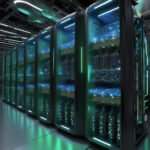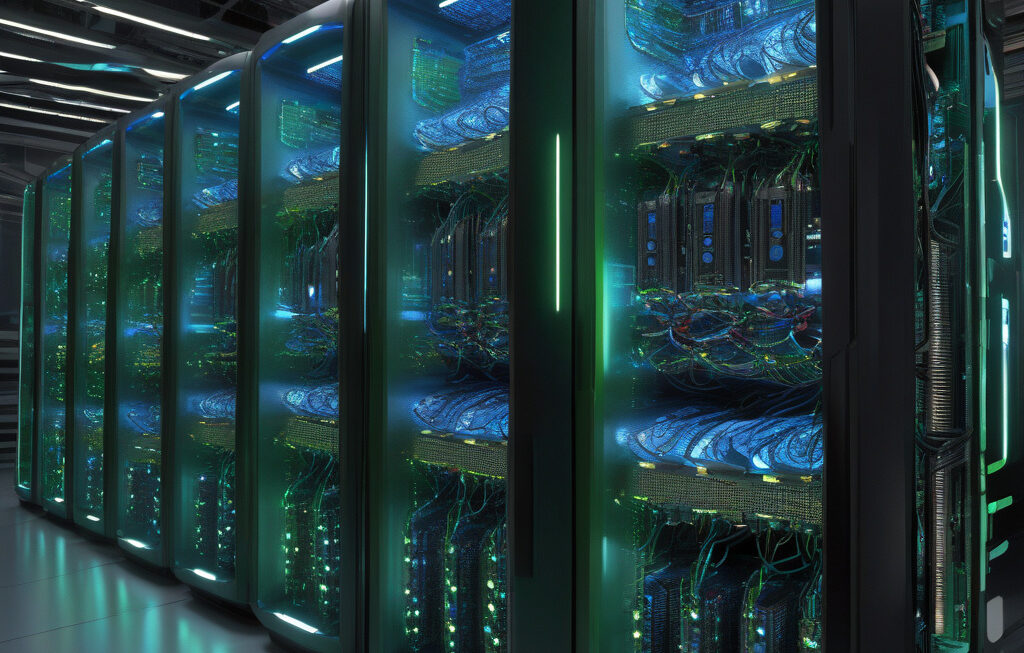Watts in Waste? US Tech Could Recycle Spent Nuclear Fuel to Power Deep Space Missions
A US research team is developing a safer, more efficient method to recycle used nuclear fuel, potentially unlocking a new energy source for deep space missions. The concept of recycling spent nuclear fuel is not new, but the process has been fraught with challenges, including safety concerns and the generation of radioactive waste. However, advancements in technology and the innovative approach of US researchers could change the game.
Currently, nuclear power plants produce large quantities of spent nuclear fuel, which is highly radioactive and poses significant environmental risks. Traditionally, this fuel has been stored in secure facilities, awaiting a long-term solution for disposal. However, the US research team is exploring a different path – reprocessing the spent fuel to extract usable isotopes that could power spacecraft on missions to Mars, the Moon, and beyond.
By recycling spent nuclear fuel, not only could the US reduce its stockpile of radioactive waste, but it could also harness a potent energy source for deep space exploration. Nuclear power offers a high energy density, making it ideal for long-duration missions where solar power may not be feasible due to distance from the sun or planetary conditions.
One of the key innovations driving this research is the development of advanced reprocessing techniques that minimize the production of radioactive byproducts. By carefully controlling the reprocessing process, researchers can extract the desired isotopes while limiting the creation of additional waste. This not only enhances the safety of the recycling process but also makes it more environmentally friendly.
Furthermore, the use of recycled nuclear fuel for space missions could open up new possibilities for exploration and scientific discovery. For example, nuclear-powered spacecraft could travel faster and carry heavier payloads, enabling more ambitious missions to distant planets or celestial bodies. Additionally, the longevity of nuclear power sources could extend the operational lifespan of spacecraft, allowing for extended missions and continuous data collection.
While the concept of using nuclear power in space is not without its challenges, the potential benefits are significant. By leveraging US technological expertise and research capabilities, the dream of deep space exploration powered by recycled nuclear fuel could soon become a reality. As advancements in this field continue to unfold, the possibilities for pushing the boundaries of space exploration are limitless.
In conclusion, the US research team’s efforts to recycle spent nuclear fuel for deep space missions represent a promising development in the field of space exploration. By tapping into this abundant energy source, future spacecraft could travel farther, faster, and more sustainably than ever before. As technology continues to evolve, the prospect of nuclear-powered space missions is no longer a distant fantasy but a tangible goal on the horizon.
nuclear, recycling, space exploration, US technology, deep space missions












